India, a land of cultural diversity, is known worldwide for its rich culture, civilization, and heritage. However, many people tend to use these terms interchangeably without actually understanding the differences between them. It is vital to shed light on these distinctions and acknowledge their significance in India’s history and society.
Characteristics of Culture
- It is learned and acquired
- It is shared by a group of people
- It is cumulative
- It changes
- It is dynamic
- It gives us a range of permissible behaviour patterns
- It is diverse
- It is ideational
Culture
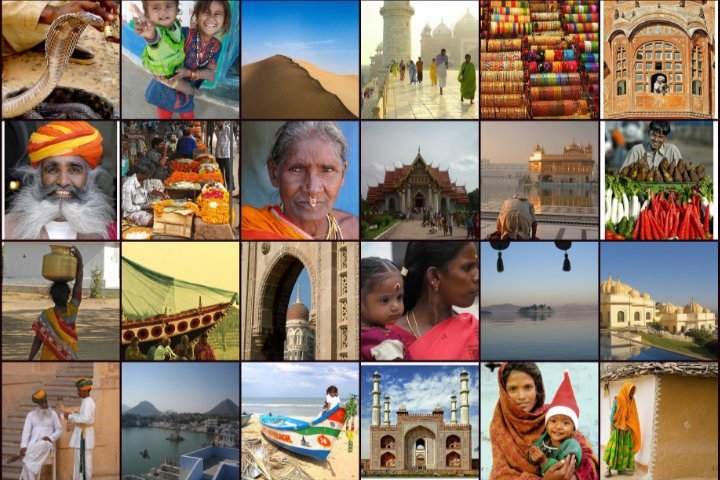
Culture is one’s outlook on various issues in life and a representation of what we think and do. It refers to the shared values, beliefs, customs, behaviors, and practices of a particular group.
It is something that we have inherited as members of society. Art, music, literature, architecture, sculpture, philosophy, religion, and science can be seen as aspects of culture.
Culture varies from place to place and country to country. The people of a country are characterized by their distinctive cultural traditions.
India has various religions, languages, festivals, myths, traditions, and rituals, collectively forming its diverse cultural heritage. Various invasions, migrations, and influences have shaped Indian culture over thousands of years. The Indian culture is dynamic, flexible, and adaptable, withstanding the test of time and change.
Civilization
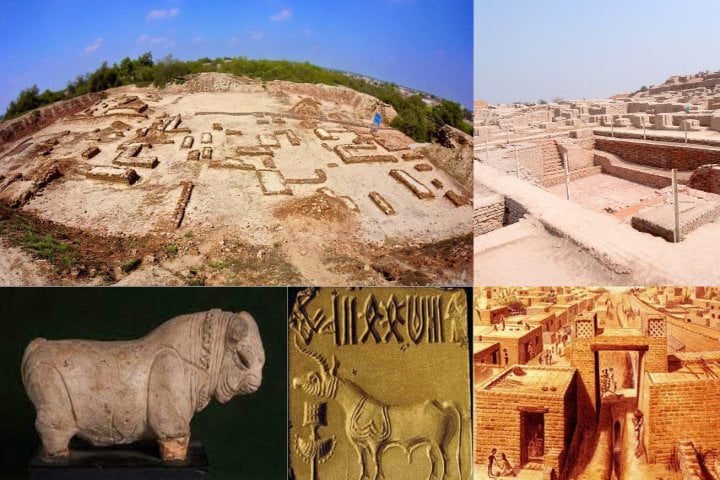
The term ‘civilization‘ describes a complex society characterized by urbanization, social organization, political governance, economic production, and cultural achievements.
The Indus Valley Civilization, Harappan Civilization, Mauryan Empire, Gupta Empire, Mughal Empire, and British Raj are significant civilizations that have emerged and flourished in India’s history.
These civilizations have impacted India’s culture, architecture, literature, arts, and sciences. The Indus Valley Civilization, for instance, is known for its town planning, drainage system, writing system, and pottery, which are evidence of its high level of development.
Culture and Civilization
‘Culture’ and ‘Civilization’ are different from each other. ‘Culture’ refers to the inner being, a refinement of the head and heart, and various higher pursuits of human life, which are also classified as cultural activities.
Civilization may be termed better ways of living socially and politically and better utilization of nature and resources.
Heritage
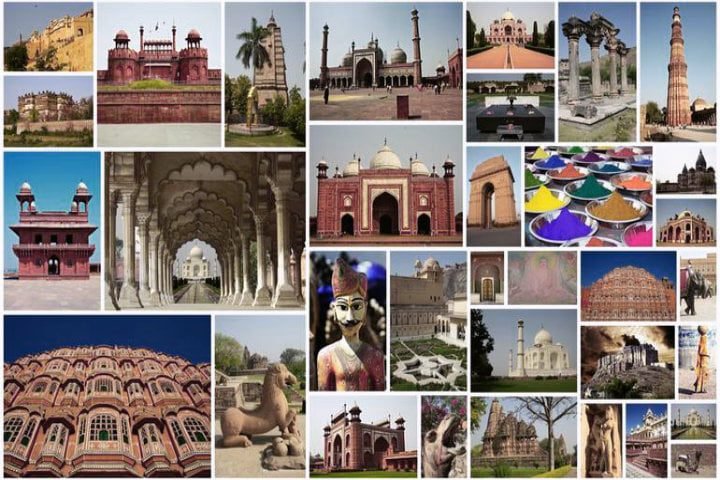
The term ‘heritage‘ refers to the tangible and intangible legacy of the past inherited by the present generation. It includes monuments, artifacts, documents, traditions, languages, beliefs, knowledge systems, etc., that have historical, cultural, aesthetic, scientific, or religious significance.
India’s heritage is vast and diverse, and it encompasses everything from the ancient ruins of Hampi, the majestic forts of Rajasthan, the intricate temples of Tamil Nadu, the musical traditions of the North-East, and the Ayurvedic healing practices of Kerala.
India’s heritage is a source of pride and identity, and it is responsible for preserving and promoting it for future generations.
Culture and Heritage
Every generation transfers their learning to their successor. With the passage of time, a few things are added, and a few are dropped that are not considered useful. This is how culture is transmitted and carried forward from generation to generation.
The culture we inherit from our predecessors is called our cultural heritage. It includes values transmitted to the next generation. They take great care of, defend, and proudly uphold these values.
Architectural creations, monuments, artifacts, intellectual achievements, philosophy, treasures of knowledge, scientific inventions, and discoveries are part of heritage. For example, yoga is one of the most important treasures of Indian cultural heritage.
‘Culture,’ ‘Civilization,’ and ‘Heritage’ are three essential terms that define India’s rich history. They are interlinked and interdependent, providing a unique and diverse identity to India’s people.
Understanding these terms is crucial to preserving and promoting India’s heritage, identity, and spirit.

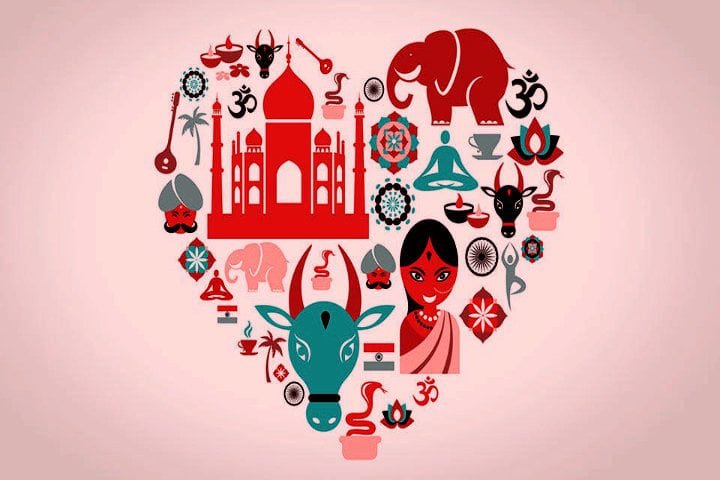


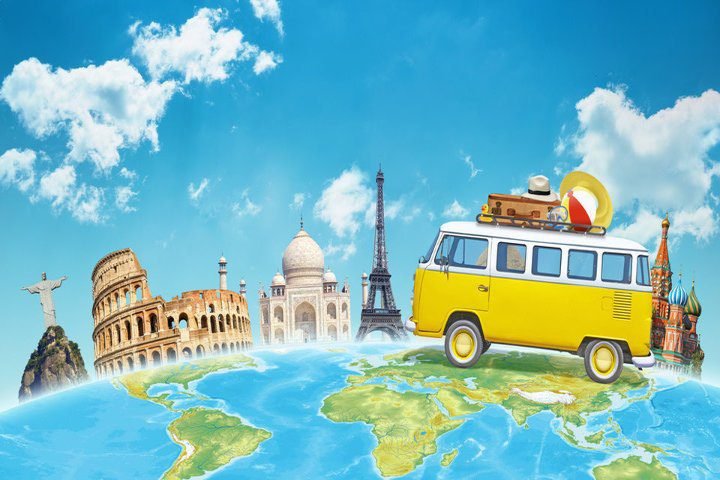
Your article helped me a lot, is there any more related content? Thanks!